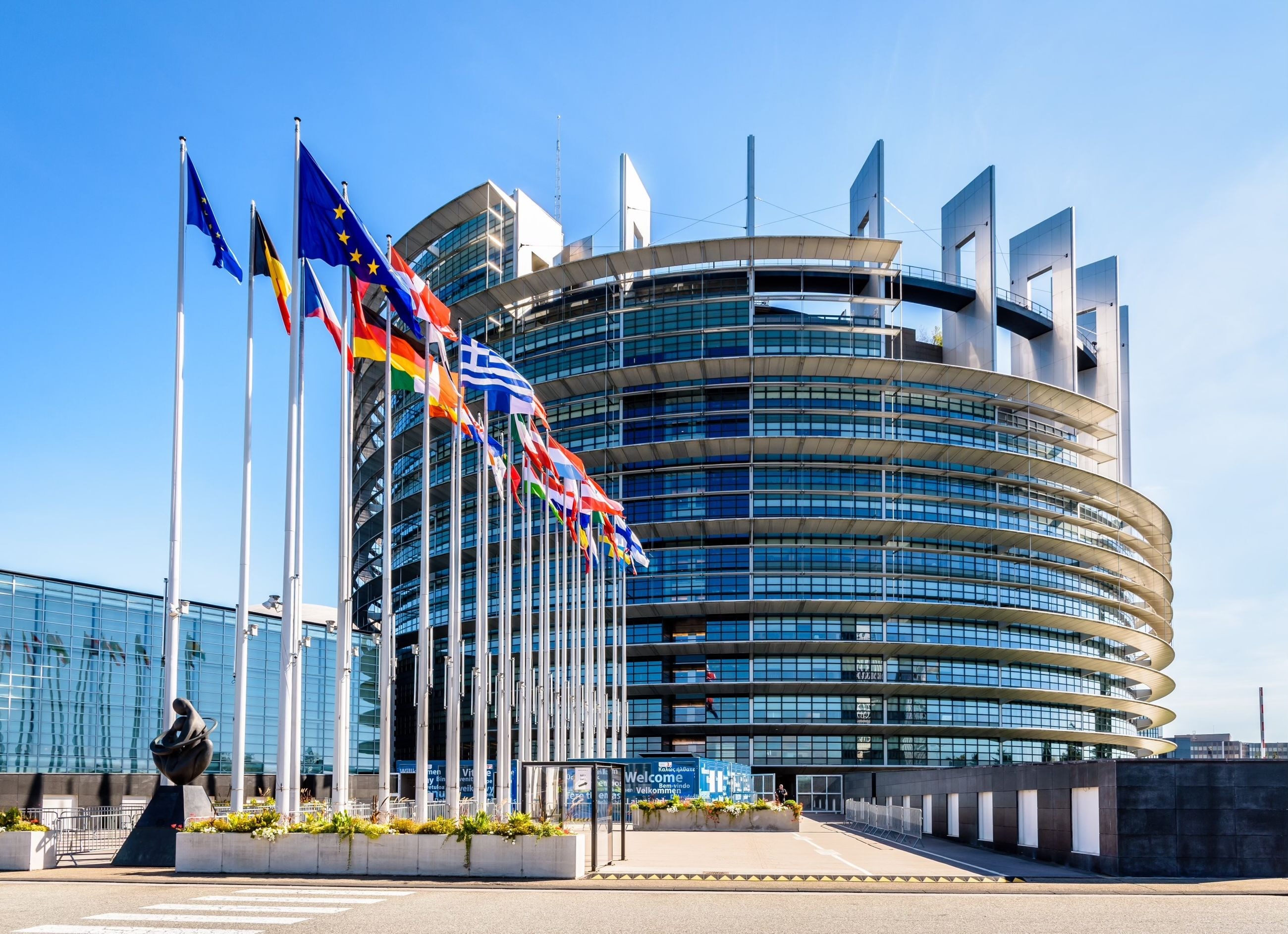Parliament Backs Push to Simplify EU Sustainability Reporting & Due Diligence Rules
Key Takeaways
- Scope Reduction: Sustainability reporting would apply only to companies with more than 1,750 employees and €450 million in turnover.
- Due Diligence Thresholds: Only very large corporations with over 5,000 employees and €1.5 billion in turnover would be subject to due diligence rules.
- Lighter Requirements: Sector-specific reporting becomes voluntary, transition plans are removed, and liability for breaches shifts to national authorities.
- Digital Portal: A new EU portal would give businesses free access to reporting templates, guidance, and consolidated sustainability information.
Deep Dive
The European Parliament has taken a big step toward scaling back the EU’s corporate sustainability reporting and due diligence regime, voting on Thursday to streamline the rules and significantly narrow the number of companies that will need to comply.
The vote was decisive, with 382 MEPs in favor, 249 against, and 13 abstaining. Parliament’s position now sets the stage for negotiations with EU governments beginning on 18 November, with the aim of reaching a final deal by the end of 2025.
Under the approach backed by MEPs, sustainability reporting would become the responsibility of only the largest companies operating in the EU. Businesses with more than 1,750 employees on average and annual turnover exceeding €450 million would remain in scope, while smaller firms would effectively fall out of the reporting net.
The content of the reporting itself would also be lighter. Parliament wants a simpler set of standards with fewer qualitative details, while sector-specific reporting would become voluntary. Smaller companies would get added protection too. Large business partners would be barred from asking them for information that goes beyond what is included in voluntary standards, a safeguard aimed at preventing reporting pressure from cascading down supply chains.
Due Diligence Narrowed to a Very Small Group of Corporations
Parliament is also advocating for a much more limited group of companies to be covered by EU due diligence duties. Only corporations with more than 5,000 employees and annual turnover above €1.5 billion would have to meet these obligations.
Even for those firms, the requirements would change. MEPs want companies to rely first on publicly available information when assessing human rights and environmental risks, turning to smaller suppliers for additional data only when strictly necessary. The obligation to prepare Paris Agreement–aligned transition plans would be removed, and liability for breaches would fall to national authorities rather than the EU level. Companies found in violation would have to fully compensate victims for any harm caused.
To help companies understand and manage their reporting obligations, Parliament also wants the European Commission to build a digital portal offering free access to templates, guidance, and consolidated information on all EU sustainability reporting requirements. The goal is to create a single, clear reference point that complements the European Single Access Point and reduces the friction that businesses face when trying to keep track of evolving rules.
Push for Clarity and Competitiveness Across the EU
Jörgen Warborn, the rapporteur leading the work in Parliament’s Legal Affairs Committee, said the vote shows that Europe can pursue sustainability and competitiveness at the same time.
“We are simplifying rules, cutting costs, and giving businesses the clarity they need to grow, invest, and create well-paying jobs,” he said.
The proposal comes as part of a broader effort to reduce administrative burdens across the EU, with lawmakers repeatedly calling for a streamlined regulatory environment. The Omnibus I simplification package, introduced by the Commission in February 2025, sits at the heart of this agenda.
With both Parliament and EU governments now holding formal positions, trilogue negotiations will begin on 18 November. Lawmakers aim to conclude the legislative process by the end of 2025.
The GRC Report is your premier destination for the latest in governance, risk, and compliance news. As your reliable source for comprehensive coverage, we ensure you stay informed and ready to navigate the dynamic landscape of GRC. Beyond being a news source, the GRC Report represents a thriving community of professionals who, like you, are dedicated to GRC excellence. Explore our insightful articles and breaking news, and actively participate in the conversation to enhance your GRC journey.
Sponsored by






.svg)

.svg)